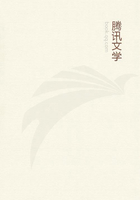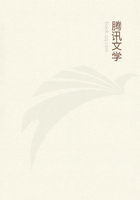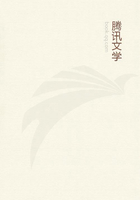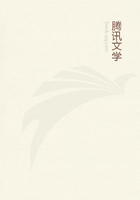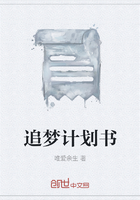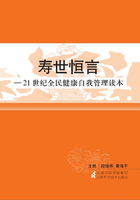Can we find any such connection in the case of a public work executed by a government? If it is useful, are the individuals who rule the country richer? If it is useless, are they poorer? A public man may be solicitous for his credit. But is not he likely to gain more credit by an useless display of ostentatious architecture in a great town than by the best road or the best canal in some remote province? The fame of public works is a much less certain test of their utility than the amount of toll collected at them. In a corrupt age, there will be direct embezzlement. In the purest age, there will be abundance of jobbing. Never were the statesmen of any country more sensitive to public opinion, and more spotless in pecuniary transactions, than those who have of late governed England. Yet we have only to look at the buildings recently erected in London for a proof of our rule. In a bad age, the fate of the public is to be robbed outright. In a good age, it is merely to have the dearest and the worst of everything.
Buildings for State purposes the State must erect. And here we think that, in general, the State ought to stop. We firmly believe that five hundred thousand pounds subscribed by individuals for rail-roads or canals would produce more advantage to the public than five millions voted by Parliament for the same purpose. There are certain old saws about the master's eye and about everybody's business, in which we place very great faith.
There is, we have said, no consistency in Mr. Southey's political system. But if there be in his political system any leading principle, any one error which diverges more widely and variously than any other, it is that of which his theory about national works is a ramification. He conceives that the business of the magistrate is, not merely to see that the persons and property of the people are secure from attack, but that he ought to be a jack-of-all-trades, architect, engineer, schoolmaster, merchant, theologian, a Lady Bountiful in every parish, a Paul Pry in every house, spying, eaves-dropping, relieving, admonishing, spending our money for us, and choosing our opinions for us. His principle is, if we understand it rightly, that no man can do anything so well for himself as his rulers, be they who they may, can do it for him, and that a government approaches nearer and nearer to perfection, in proportion as it interferes more and more with the habits and notions of individuals.
He seems to be fully convinced that it is in the power of government to relieve all the distresses under which the lower orders labour. Nay, he considers doubt on this subject as impious. We cannot refrain from quoting his argument on this subject. It is a perfect jewel of logic:
"'Many thousands in your metropolis,' says Sir Thomas More, 'rise every morning without knowing how they are to subsist during the day; as many of them, where they are to lay their heads at night.
All men, even the vicious themselves, know that wickedness leads to misery: but many, even among the good and the wise, have yet to learn that misery is almost as often the cause of wickedness.'
"'There are many,' says Montesinos, 'who know this, but believe that it is not in the power of human institutions to prevent this misery. They see the effect, but regard the causes as inseparable from the condition of human nature.'
"'As surely as God is good,' replies Sir Thomas, 'so surely there is no such thing as necessary evil. For, by the religious mind, sickness, and pain, and death, are not to be accounted evils.'"
Now if sickness, pain, and death, are not evils, we cannot understand why it should be an evil that thousands should rise without knowing how they are to subsist. The only evil of hunger is that it produces first pain, then sickness, and finally death.
If it did not produce these, it would be no calamity. If these are not evils, it is no calamity. We will propose a very plain dilemma: either physical pain is an evil, or it is not an evil.
If it is an evil, then there is necessary evil in the universe: if it is not, why should the poor be delivered from it?
Mr. Southey entertains as exaggerated a notion of the wisdom of governments as of their power. He speaks with the greatest disgust of the respect now paid to public opinion. That opinion is, according to him, to be distrusted and dreaded; its usurpation ought to be vigorously resisted; and the practice of yielding to it is likely to ruin the country. To maintain police is, according to him, only one of the ends of government. The duties of a ruler are patriarchal and paternal. He ought to consider the moral discipline of the people as his first object, to establish a religion, to train the whole community in that religion, and to consider all dissenters as his own enemies.
"'Nothing,' says Sir Thomas, 'is more certain, than that religion is the basis upon which civil government rests; that from religion power derives its authority, laws their efficacy, and both their zeal and sanction; and it is necessary that this religion be established as for the security of the state, and for the welfare of the people, who would otherwise be moved to and fro with every wind of doctrine. A state is secure in proportion as the people are attached to its institutions; it is, therefore, the first and plainest rule of sound policy, that the people be trained up in the way they should go. The state that neglects this prepares its own destruction; and they who train them in any other way are undermining it. Nothing in abstract science can be more certain than these positions are.'
"'All of which,' answers Montesinos, 'are nevertheless denied by our professors of the arts Babblative and Scribblative: some in the audacity of evil designs, and others in the glorious assurance of impenetrable ignorance.'

